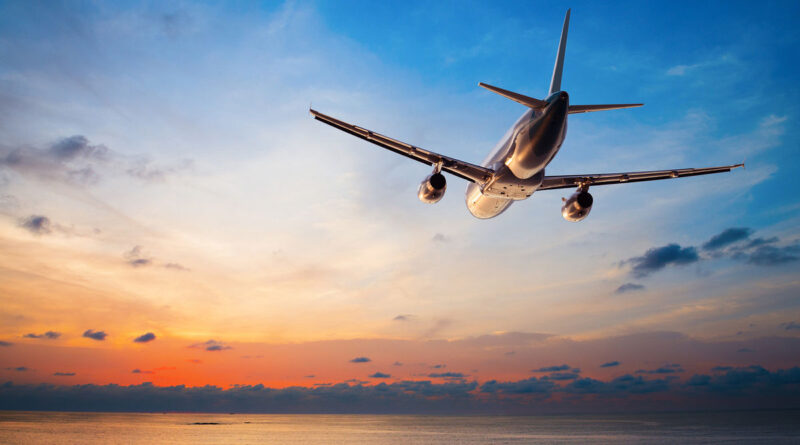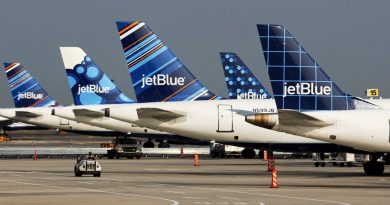U.S. and China agree to double air connectivity
Air service between the U.S. and China will be allowed to double by the end of October under a new agreement reached by the countries.
Between the U.S. and China, airlines from each country are currently limited to a combined 12 roundtrip operations per week. Beginning Sept. 1, that number will increase to 18 and then go up again to 24 on Oct. 29.
“Our overriding goal is an improved environment wherein the carriers of both parties are able to exercise fully their bilateral rights to maintain a competitive balance and fair and equal opportunity among U.S. and Chinese air carriers,” DOT assistant secretary of aviation and international affairs Carol Petsonk wrote in an Aug. 11 order.
Currently, the dozen weekly U.S.-airline operated flights to China are split evenly between American, Delta and United. The Chinese airline allocations are split between Air China, China Southern, China Eastern and Xiamen Airlines.
United has announced that it will utilize new allocations to increase its San Francisco-Shanghai service from four times weekly to daily beginning on Oct. 1 and to resume daily flights between San Francisco and Beijing in November.
Air service remains below prepandemic level
Even after the revised U.S.-China agreement goes into effect, air service between the two countries will be capped far below the prepandemic level.
More than 1,600 roundtrips were operated between the U.S. and China in August 2019, Cirium flight schedule data shows, compared with the slightly more than 200 that will be allowed beginning in November.
China briefly banned service by U.S. airlines early in the pandemic, a move that violated the U.S.-China air transport agreement and precipitated the ongoing sharp limitations on air service between the two, often adversarial, global economic powers.
More recently, U.S. airlines have lobbied the DOT to prohibit Chinese carriers from overflying Russia on U.S. routes. The carriers say that such flying endangers U.S. travelers and gives Chinese airlines a competitive advantage, since the FAA prohibits U.S airlines from overflying Russian. Utilizing Russian airspace can shave hours of flying off some U.S.-China routes.
Source: Read Full Article



